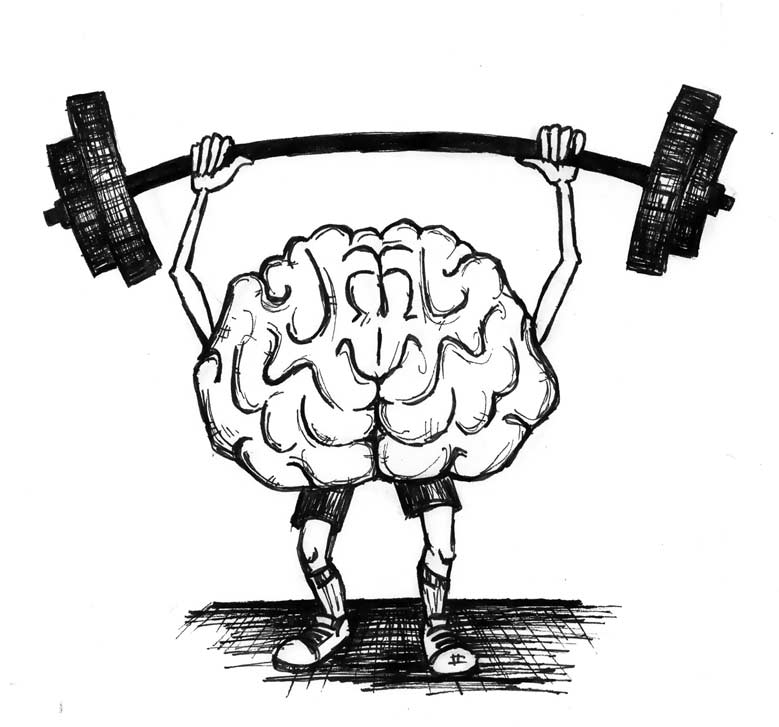
The cognitive benefits of aerobic exercise
By Ayesha Chugh, December 4 2014 —
Preparing for exam season can be a daunting task. Many university students look for new solutions to ease the process. But students should stick with the basics rather than looking for a quick fix.
We all know the benefits of exercise for our physical and mental health. Exercise helps to reduce cholesterol, improve sleep and mood, and can reduce stress and anxiety. However, we tend to forget the cognitive benefits of exercise.
Researchers from the University of Adelaide in Australia recently conducted a study that analyzed healthy adults after 30 minutes of aerobic exercise and its effects on the plasticity of the brain.
Brain plasticity is the brain’s ability to change in response to new information. Whether it’s remembering somebody’s name or learning how to play a sport, brain plasticity plays a vital role in personal development.
Head researcher of the Adelaide study, Michael Ridding, found that the more plastic the brain becomes, the more it’s able to reorganize itself, modifying the number and strength of connections between nerve cells and different brain areas.
Their results show that exercise helps to expand and improve brain plasticity, enabling the growth of this process.
Researchers suggest that exercise helps to alter the brain at cellular and molecular levels, which can result in a higher level of cognitive functioning. Specifically, these alterations help to improve memory.
Memory functions are enhanced as these cellular connections are strengthened.
The University of British Columbia found similar benefits from aerobic exercise. Their study found that forms of exercise that get your heart and sweat glands working have direct effects on the hippocampus — the area of the brain involved in learning and verbal memory. Researchers claim that forms of aerobic exercise increases the blood flow in the brain which can improve memory performance.
Another study done by the Center for BrainHealth at the University of Texas showed direct benefits associated with increased blood flow to the
hippocampus. This is also the region affected by Alzheimer’s disease. Researchers suggest that maintaining a healthy blood flow the hippocampus area can significantly improve memory functions and reduce memory loss in the long term.
According to U of T Center of BrainHealth’s chief director Sandra Bond Chapman, physical exercise may be one of the most beneficial and cost-effective therapies available to elevate memory performance.
So go ahead and give yourself a well deserved break from TFDL for some exercise, the benefits are endless.
